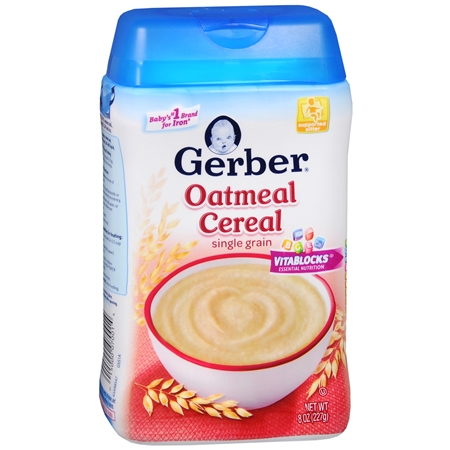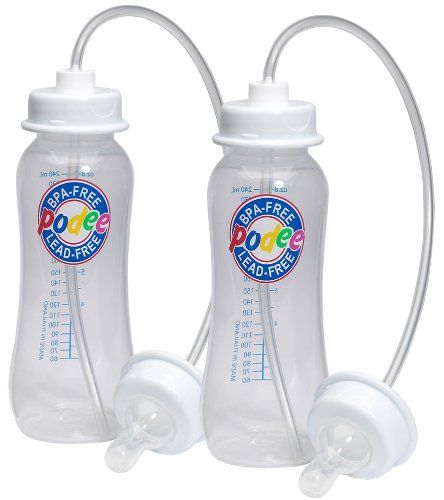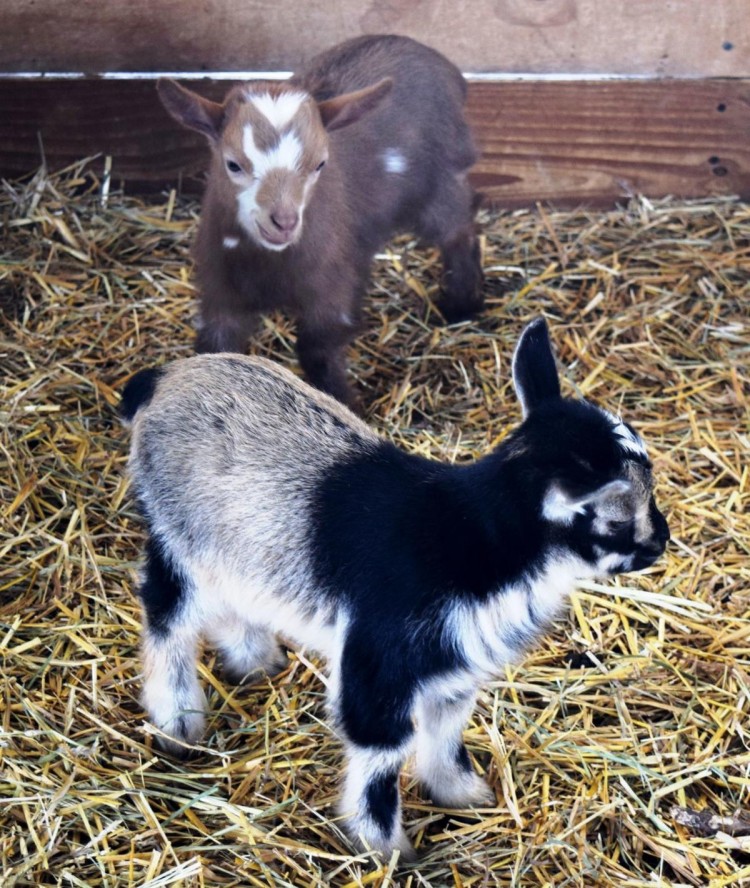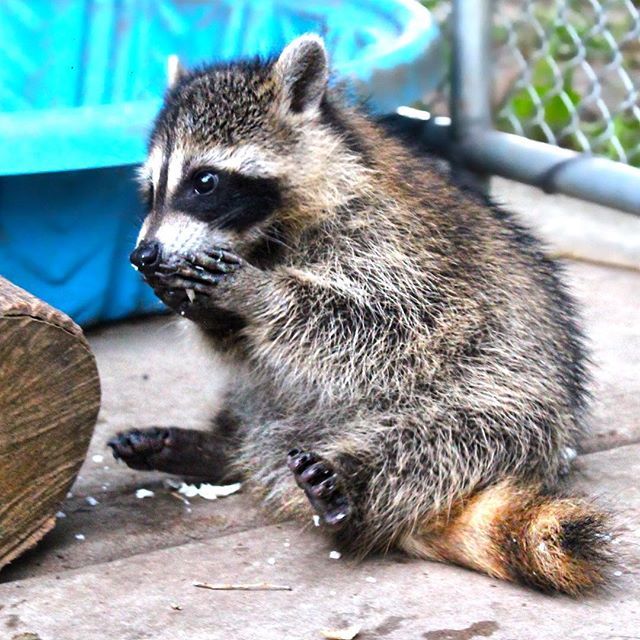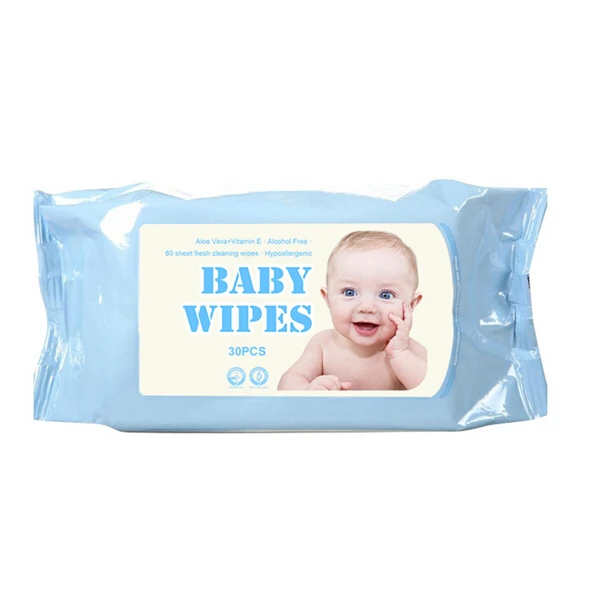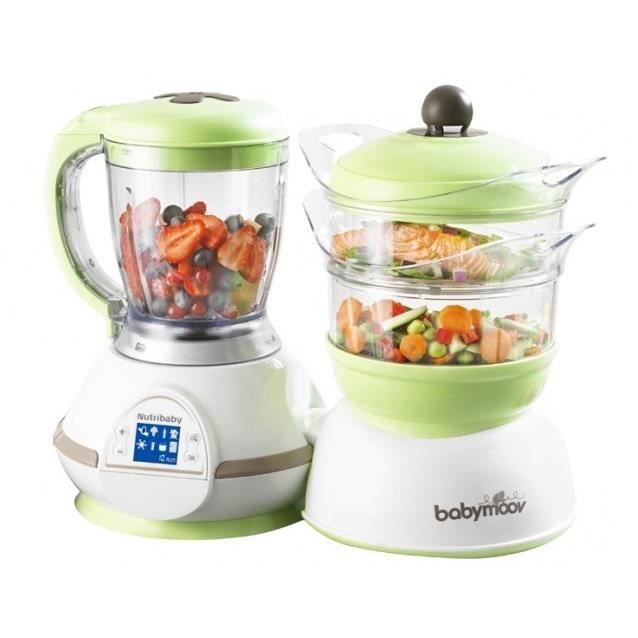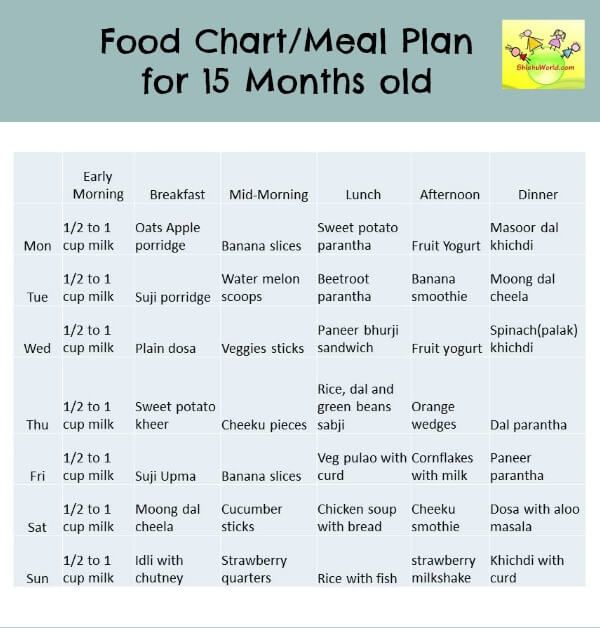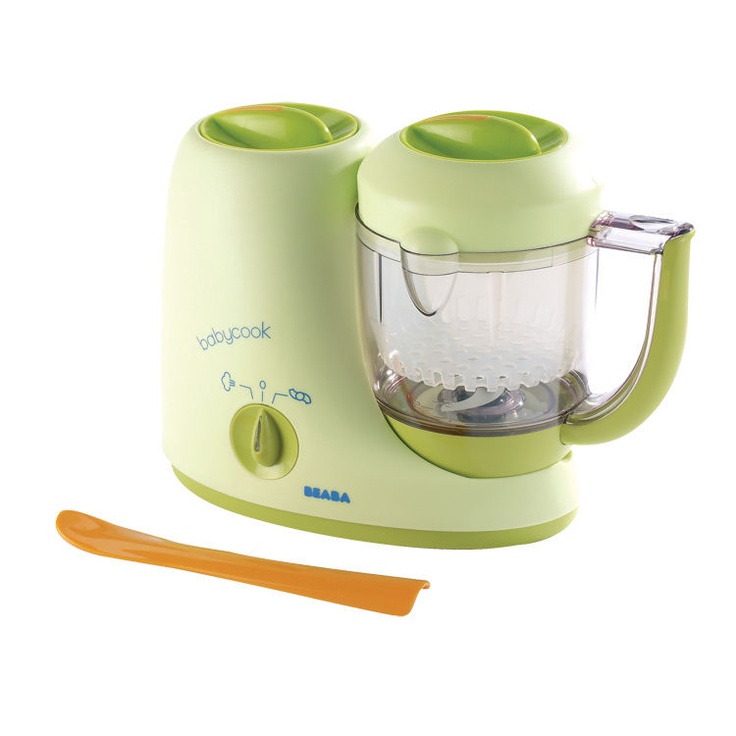Is gerber food safe for baby
Does Baby Food Contain Heavy Metals? Experts Weigh In on Toxic Baby Food Report
- A recently released congressional report that found heavy metals in popular baby foods is causing concern for parents nationwide.
- Major infant food manufacturers like Gerber and Beech-Nut are among the brands that "permit dangerously high levels of toxic heavy metals" in their food, according to the report.
- However, the American Academy of Pediatrics (AAP) says that "low levels of heavy metals found in baby foods likely are a relatively small part of a child's overall heavy metal exposure risk."
- Doctors advise not overreacting to the new report, but instead taking sober, science-backed actions to limit heavy metals and arsenic in your baby's diet.
On February 4, a new congressional report came out claiming that a number of top baby food brands are "tainted with dangerous levels of inorganic arsenic, lead, cadmium and mercury. "
Garnering widespread media attention, the report detailed that a subcommittee of congressional investigators requested internal documents and test results analyzing levels of heavy metals found in products from seven of the country's biggest infant food manufacturers, including Nurture (HappyBABY), Beech-Nut, Hain (Earth's Best Organic) and Gerber. The subcommittee also noted they are "greatly concerned" that Walmart, Sprout Foods and Campbell Soup Company (Plum Organics) did not provide reports or samples for review, despite requests.
In the report, congressional investigators claimed that the research showed these top baby food brands have "internal company standards [that] permit dangerously high levels of toxic heavy metals, and documents revealed that the manufacturers have often sold foods that exceeded those levels."
In response to the report, almost all of the brands cited have refuted it in some form or another.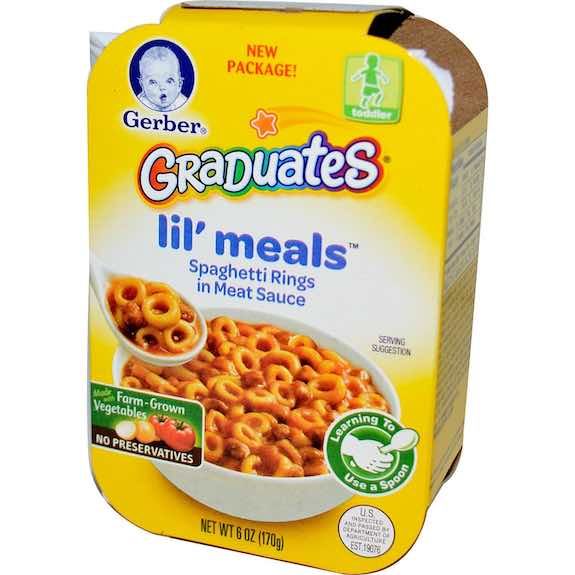 Hain released a statement saying, "We are disappointed that the subcommittee report examined outdated data and does not reflect our current practices," also noting the brand met with the U.S. Food and Drug Administration (FDA) last year to discuss how to better refine their standards and practices; Gerber noted they "meet or exceed all existing government requirements," and have "established our own high standards based on the latest food safety guidance." As for Campbell Soup Company, the brand said in a statement that they responded quickly to the subcommittee’s questions and "never refused anything requested of us," while Walmart says they did submit information to the subcommittee but never received any subsequent inquiries, according to Reuters.
Hain released a statement saying, "We are disappointed that the subcommittee report examined outdated data and does not reflect our current practices," also noting the brand met with the U.S. Food and Drug Administration (FDA) last year to discuss how to better refine their standards and practices; Gerber noted they "meet or exceed all existing government requirements," and have "established our own high standards based on the latest food safety guidance." As for Campbell Soup Company, the brand said in a statement that they responded quickly to the subcommittee’s questions and "never refused anything requested of us," while Walmart says they did submit information to the subcommittee but never received any subsequent inquiries, according to Reuters.
Of course, the report's findings sound alarming to the millions of parents who feed these products to their children. (In 2019 alone, the national baby food market stood at over $6 billion and is projected to grow to $6.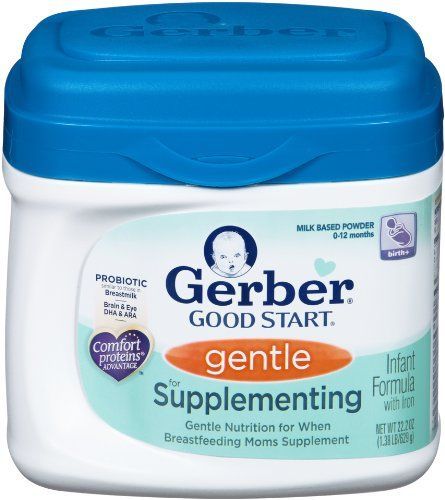 7 billion by 2025.) As a concerned mom or dad, what is the next best step for you and your baby? Is homemade baby food the only way to go?
7 billion by 2025.) As a concerned mom or dad, what is the next best step for you and your baby? Is homemade baby food the only way to go?
Here's everything you need to know about heavy metals in baby food and how to minimize your child's exposure:
First, what exactly are "heavy metals"?
Heavy metals are naturally occurring elements that are found throughout the earth's crust. Air, soil and water all contain these metals; they are in the ground we walk on and in the water we drink. Five specific elements — arsenic, cadmium, chromium, lead and mercury — have high degrees of toxicity and rank among the priority metals that are of great public health concern. At high levels, they can be harmful and toxic to the human body. "Heavy metal exposure in infants has the potential to damage the developing brain leading to neuro-developmental effects including lower IQ, cognitive impairments and behavior problems," says Robert Coles, MD, Pediatrician at UC San Diego Health.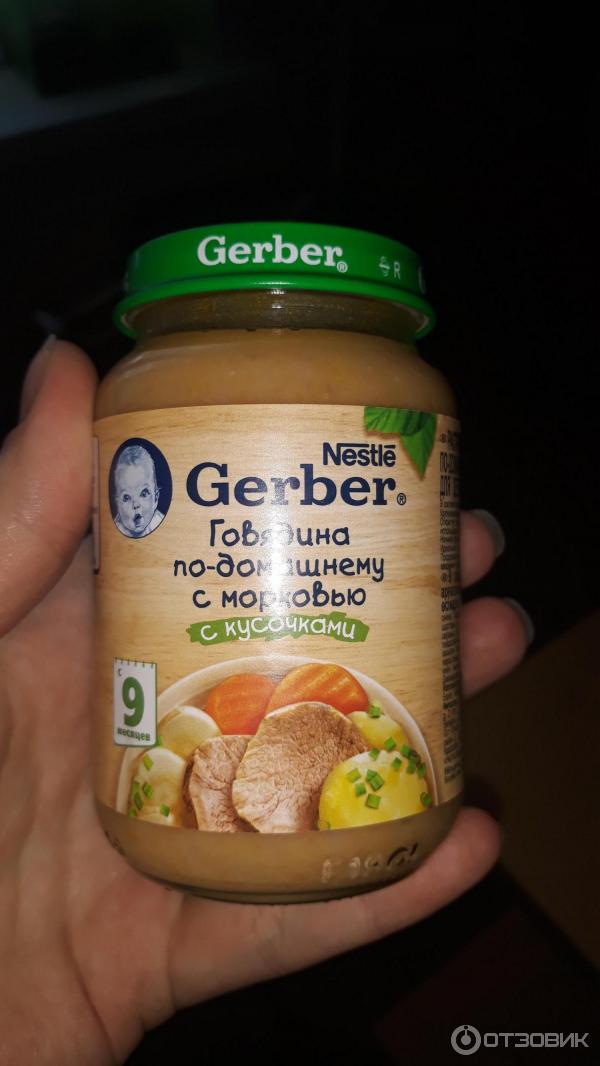
But some heavy metals, like iron and zinc, are essential for our bodies to function. Metals such as copper, iron, magnesium, selenium and zinc are considered essential nutrients; inadequate intake of these micronutrients can result in deficiency complications and lead to disease. "Zinc is an essential mineral involved in immune function, growth, development, wound healing and cell production. Zinc deficiency can lead to stunted growth in children and adolescents," says Megan Meyer, PhD, Director of Science Communications at the International Food Information Council. She also points out that iron plays an important role in moving oxygen around in the body, a reason why iron is intentionally added to foods like breakfast cereals and infant formulas for enhanced nutrition.
So, how do toxic heavy metals get into baby food?
The recent congressional report may have parents assuming that heavy metals are being added to store-bought baby food brands in toxic amounts, but that's not necessarily the case.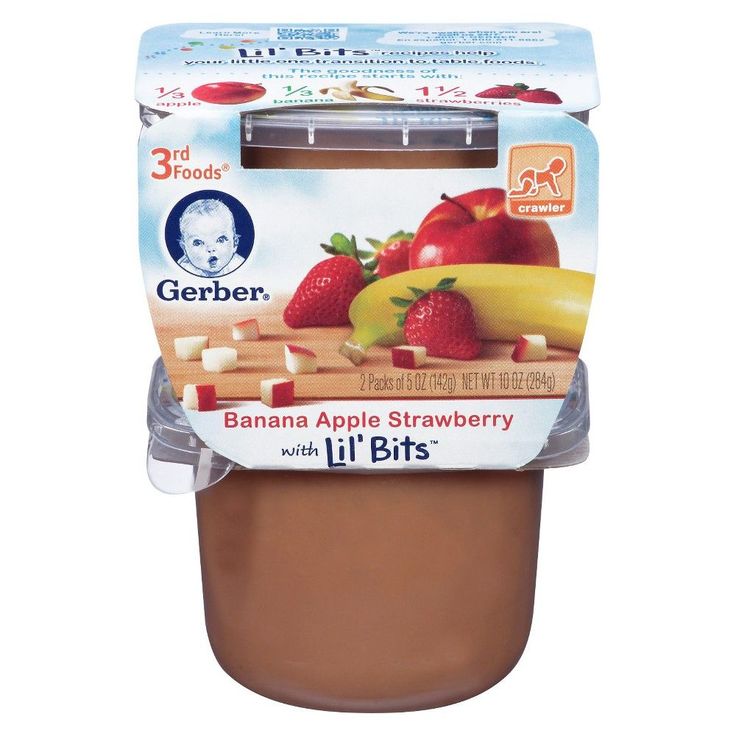 When it comes to food production, levels of heavy metals can vary based on several factors, including growing conditions and agricultural processes. "Heavy metals such as lead, arsenic, cadmium and mercury occur naturally in soil, water and air," Dr. Meyer says. "They enter the food supply when plants grow. They are naturally occurring, and are not added to food."
When it comes to food production, levels of heavy metals can vary based on several factors, including growing conditions and agricultural processes. "Heavy metals such as lead, arsenic, cadmium and mercury occur naturally in soil, water and air," Dr. Meyer says. "They enter the food supply when plants grow. They are naturally occurring, and are not added to food."
View full post on Instagram
Although these elements are naturally present in the soil and therefore the food we eat, the report points out that the FDA currently has no set levels for the maximum amount of toxic heavy metals permitted in baby food. While the FDA has issued guidance to finalize the 2016 draft guidance for inorganic arsenic in infant rice cereals, regulations and testing around heavy metals in baby food has yet to be fully established. "I look forward to FDA's careful regulation of these toxic heavy metals in baby foods, followed by strict compliance requirements and mandatory consumer labels," read a statement from Subcommittee Chairman Raja Krishnamoorthi.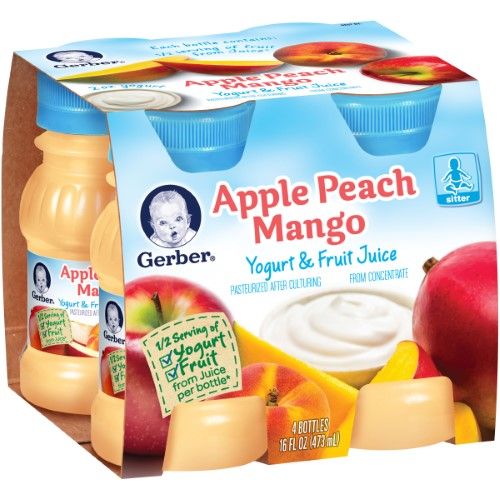
Dr. Coles says that recommendations in the congressional report are an excellent place to start, including mandatory testing for heavy metals by baby food manufacturers and establishing FDA standards for maximum levels of toxic heavy metals permitted in baby foods.
Should I be worried about heavy metals in baby food?
While the new congressional report does illuminate valid concerns about heavy metals in our food supply, the American Academy of Pediatrics (AAP) states that the "low levels of heavy metals found in baby foods likely are a relatively small part of a child's overall heavy metal exposure risk."
"Concerned parents should not panic or overreact to the report," Dr. Coles says. "This issue has been discussed in the past. If parents are providing a varied diet for their children and following the recommendations of the AAP, the risks are low and there is no need to be overly concerned. "
"
Dr. Coles points out that there are many other environmental sources of toxic heavy metals that parents should be more concerned about. For example, the CDC states that the primary sources of lead, a common heavy metal, are homes built before 1978, which are more likely to contain lead paint, and certain water pipes, toys, jewelry and imported candies, which all have the potential to pose a greater risk.
"In order to reduce the risk that children will be exposed to heavy metals from any and all sources, the AAP recommends that parents address lead hazards in the home, check water for heavy metals, avoid smoking or vaping which may expose children to cadmium and lead, breastfeed if possible, make healthy fish choices as some can be high in methylmercury, serve a variety of foods, and switch up grains — particularly avoiding rice," says Dr. Coles.
As a new mom, Dr. Meyer adds that the issue strikes close to home for her.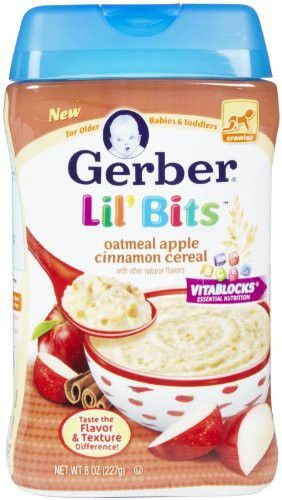 "I think what’s most important for people to realize is that baby food is not a significant source of heavy metal exposure," she says. "Instead, I hope that parents will prioritize feeding their children a diverse diet that includes a variety of fruits and veggies, whole grains, healthy fats and protein."
"I think what’s most important for people to realize is that baby food is not a significant source of heavy metal exposure," she says. "Instead, I hope that parents will prioritize feeding their children a diverse diet that includes a variety of fruits and veggies, whole grains, healthy fats and protein."
Is organic or homemade baby food a better bet than conventional?
Parents might assume that purchasing organic baby food might avoid the issue altogether, but Dr. Meyer says that this may not be the case. "According to the AAP, since heavy metals are found in the soil, both organic and conventional baby food contain similar levels of heavy metals," she explains.
As for making baby food at home, the AAP states that this can provide a bit more control since you're choosing the ingredients and might also be avoiding potential contaminants from processing or packaging. But again, since produce comes from the earth, trace levels of heavy metals may still be present.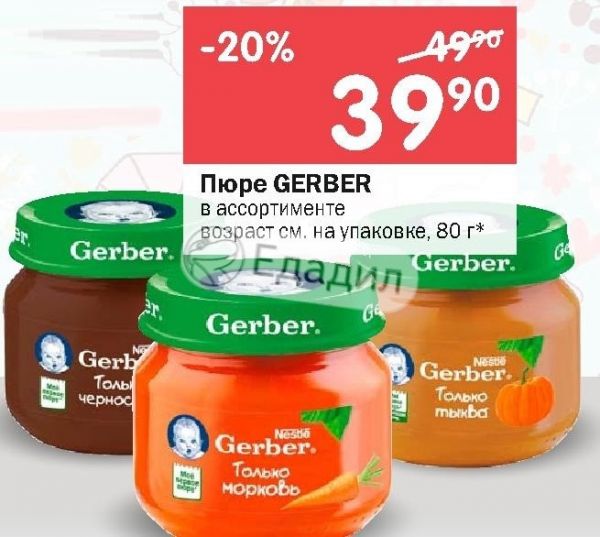
Image Source//Getty Images
How to limit heavy metals in your baby's diet
The AAP shares that the most important thing for parents to do is to offer a variety of foods to your baby, since completely avoiding heavy metals in any food is nearly impossible since they are naturally present in the earth. But there are a few evidence-based actions you can take to limit heavy metals in your baby's diet:
- Vary the types of foods being offered. The best — and most practical — piece of advice for parents is to vary the types of food being offered to your baby, in order to provide a variety of nutrients and decrease the amount of arsenic in your child's diet.
- Limit fruit juices. The AAP has long recommended limiting intake of all sweet beverages, including juice, to reduce the risk of obesity and dental carries in children. Not only does fruit juice have a high sugar content and no fiber, but a 2019 report found levels of arsenic and lead in many popular fruit juice brands.
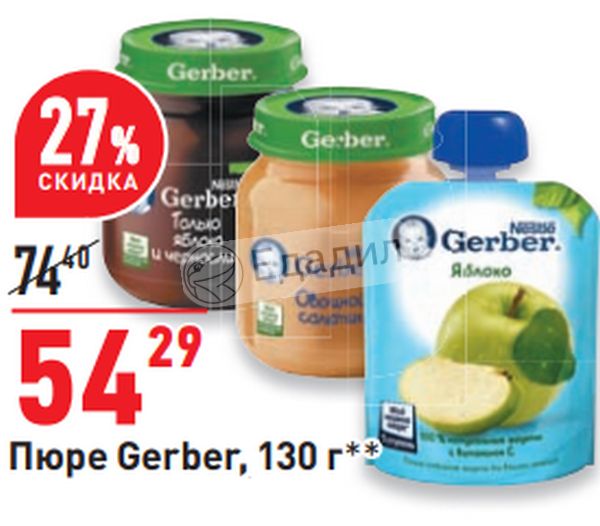 Grape juice and juice blends had the highest average heavy metal levels as per this report. Limit fruit juices to no more than 4 oz per day and avoid them until at least 1 year of age. Instead, try breastmilk or infant formula for babies, and water or milk for older children.
Grape juice and juice blends had the highest average heavy metal levels as per this report. Limit fruit juices to no more than 4 oz per day and avoid them until at least 1 year of age. Instead, try breastmilk or infant formula for babies, and water or milk for older children. - Limit rice and rice-based products. Arsenic, one of the heavy metals of concern, is naturally present in rice. Several baby food items and snacks, like rice cereal, puffs and many teething crackers, contain rice as the leading ingredient. Try to limit or avoid these rice-based products in your baby's diet, and offer infant cereals like oat, barley or multigrain options instead.
- Try parboiling rice. That said, rice is an important culinary component of many cultures. If it's a staple in your home, a cooking technique known as parboiling with absorption (PBA) method may remove a significant portion of arsenic from both brown and white rice. This method essentially involves pre-boiling the rice before draining and refreshing the water.
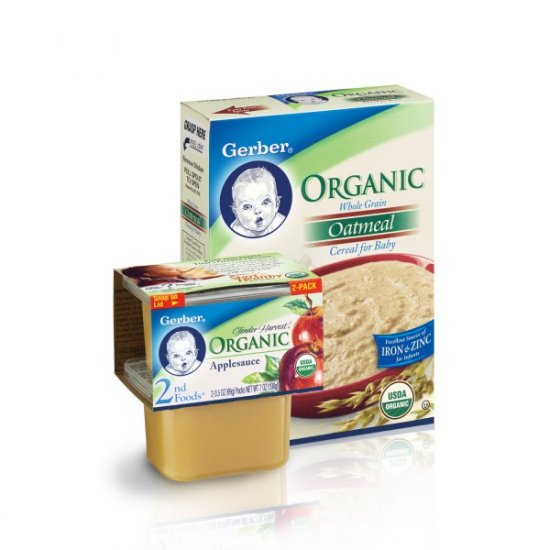
- Include a variety of grains in your baby's diet. Buckwheat, millet, amaranth, farro, barley, quinoa, oats and bulgar are great options to incorporate into your baby's diet and eating routine.
Stefani Sassos, M.S., R.D.N., C.S.O., C.D.N., NASM-CPTNutrition Lab Deputy Director
Stefani (she/her) is a registered dietitian, a NASM-certified personal trainer and the deputy director of the Good Housekeeping Institute Nutrition Lab, where she handles all nutrition- and fitness-related content, testing and evaluation. She holds a bachelor's degree in nutritional sciences from Pennsylvania State University and a master's degree in clinical nutrition from NYU. Stefani is dedicated to providing readers with evidence-based content to encourage informed food choices and healthy living. She is an avid CrossFitter and a passionate home cook who loves spending time with her big fit Greek family.
This content is imported from OpenWeb. You may be able to find the same content in another format, or you may be able to find more information, at their web site.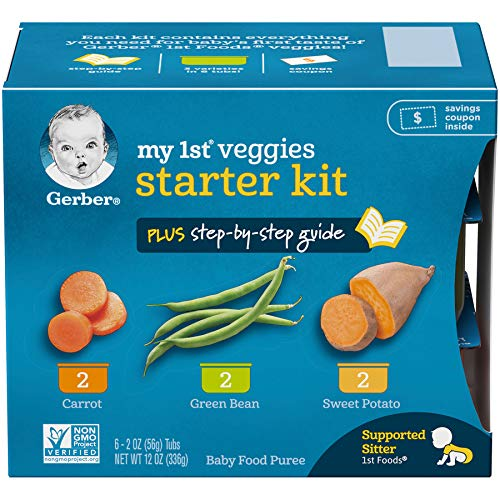
Levels of toxic metals have been found in baby food, report says
Parents who rely on packaged baby food for their infants are getting a concerning new glimpse at what’s inside some of the jars, pouches or grain products.
“Commercial baby foods are tainted with significant levels of toxic heavy metals, including arsenic, lead, cadmium and mercury,” according to a report released last week by a House Oversight subcommittee.
Such toxic heavy metals can impact a baby’s neurological development and long-term brain function, with exposure lowering IQ and increasing risk of future criminal and antisocial behavior in children, the report noted.
The investigation conducted by the subcommittee “revealed that manufacturers knowingly sell tainted baby food to unsuspecting parents, in spite of internal company test results showing high levels of toxic heavy metal, and without any warning labels whatsoever,” said Rep. Raja Krishnamoorthi, chairman of the Subcommittee on Economic and Consumer Policy, in a statement.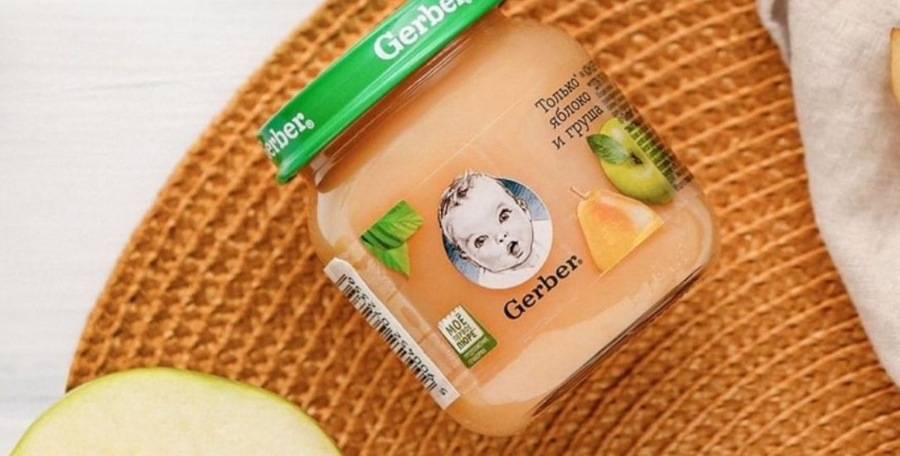
Rice in particular might not be a suitable ingredient for baby foods because it tested high in inorganic arsenic, the report noted.
'Dangerously high levels'
Congressional investigators asked seven of the largest U.S. baby food manufacturers to provide internal documents and test results.
Four of the companies — Nurture, Beech-Nut, Hain and Gerber — responded to the requests. Three others — Walmart, Campbell and Sprout Organic Foods — didn’t cooperate, leaving investigators “greatly concerned” about what they might be obscuring, the report noted.
The investigation found internal company standards permit dangerously high levels of toxic heavy metals, and manufacturers have often sold foods that exceeded those levels.
They also “eclipse” the levels of such metals the government allows in bottled water, including up to 91 times the arsenic level, up to 177 times the lead level, up to 69 times the cadmium level, and up to five times the mercury level.
The report called on the U. S. Food and Drug Administration to set maximum levels of toxic heavy metals allowed in baby foods and require mandatory testing of the finished products.
S. Food and Drug Administration to set maximum levels of toxic heavy metals allowed in baby foods and require mandatory testing of the finished products.
Concern over heavy metals in baby food has existed for a long time and the findings aren’t surprising, said Dr. Leonardo Trasande, a pediatrics professor at NYU Grossman School of Medicine and director of the Center for the Investigation of Environmental Hazards at NYU Langone in New York City.
“Clearly we need better monitoring and testing of the food supply, especially for babies who pound for pound eat more food per body weight, so they have higher exposure and their developing organs are especially susceptible,” Trasande told TODAY.
“There are gaps in the regulatory framework… the reality is that the funding for the FDA is chiefly for drug studies and it is fair to say that resources for testing food in the comprehensive way that parents might prefer is not so easily available.”
In a statement, the FDA said it was reviewing the report’s findings and noted it “takes exposure to toxic elements in the food supply extremely seriously,” especially when it comes to children.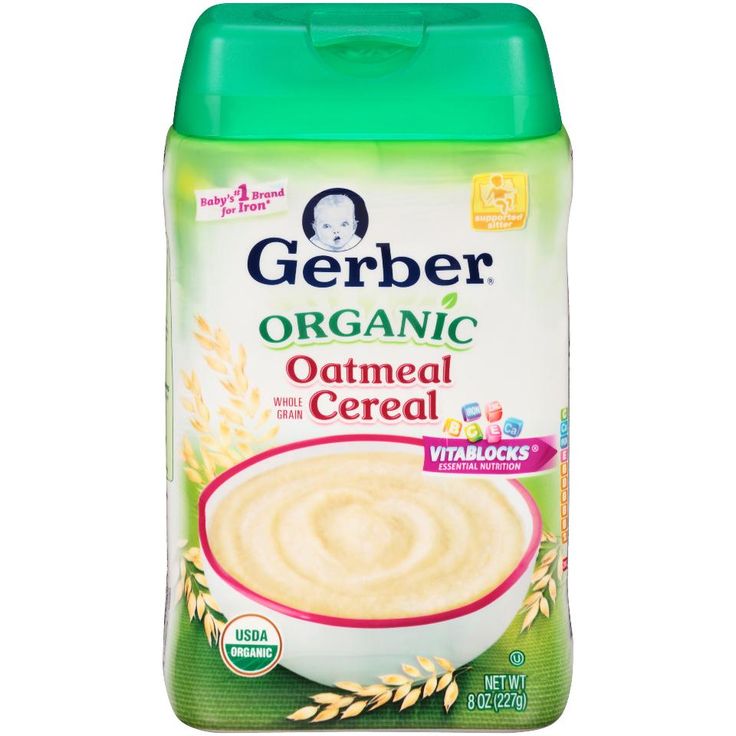 Toxic elements like arsenic are present in the environment and enter the food supply through soil, water or air. Because they can't be completely removed, the FDA’s goal is to reduce exposure to toxic elements in foods “to the greatest extent feasible,” the agency said.
Toxic elements like arsenic are present in the environment and enter the food supply through soil, water or air. Because they can't be completely removed, the FDA’s goal is to reduce exposure to toxic elements in foods “to the greatest extent feasible,” the agency said.
Companies respond
Walmart, which sells baby food through its private brand Parent’s Choice, said it’s committed to providing safe, quality food. “We provided information to the subcommittee nearly a year ago and invited more dialogue on this important issue but never received any additional inquiries,” the company said in a statement. Any product testing is managed by its suppliers, and its private label baby food manufacturers must comply with all applicable laws and regulations, Walmart said.
Campbell Soup Company, which sells baby food under the brand name Plum Organics, said it cooperated with congressional investigators. The company’s products are safe and it’s committed to minimizing environmental contaminants, its statement said.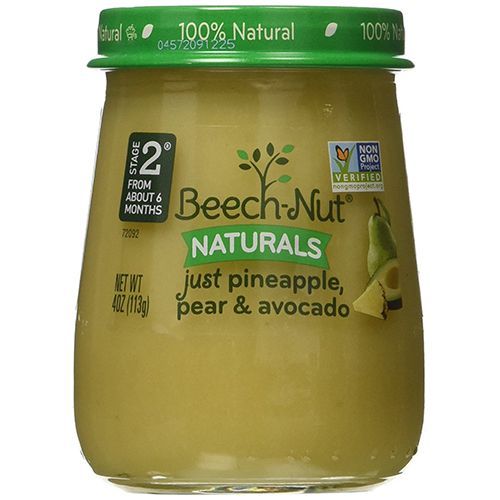
Nurture said its Happy Family Organics products “are safe for babies and toddlers to enjoy, and we are proud to have best-in-class testing protocols in our industry.” The company said it was disappointed “at the many inaccuracies, select data usage and tone bias” in the report.
Hain Celestial Group said its Earth’s Best organic products meet or exceed the current federal guidelines, and provide safe nutrition for babies. The congressional report examined “outdated data and does not reflect our current practices,” the company noted in a statement. Hain Celestial Group elaborated that they had previously taken steps to reduce heavy metals in their products, like no longer using brown rice in products that are primarily rice-based.
Gerber called its baby food safety and quality standards “industry-leading” and among the strictest in the world, with many steps taken to minimize the presence of heavy metals. “Parents can rest assured our products are healthy and safe,” the company said in a statement.
Beech-Nut called its products safe and nutritious. It plans to continue to work with the FDA, in partnership with the Baby Food Council, on science-based standards for food suppliers.
Sprout Foods did not respond to a TODAY request for comment.
Pediatrician’s advice
There currently isn't good data to allow for picking certain baby food brands over others when it comes to heavy metal contamination, Trasande said.
Parents should also know it’s not possible to completely eliminate exposure since crops grow in soil and heavy metals are a part of the Earth's crust, he added.
“Now I'm not going to say that any level of these metals is safe. However, we have come a long way in reducing these exposures, and in the list of priorities that I would have, there are many other important areas where families can mitigate exposure to contaminants of concern,” he noted.
“They should focus first and foremost on eating organic. Nothing in that message changes because we know that eating organic reduces pesticide levels.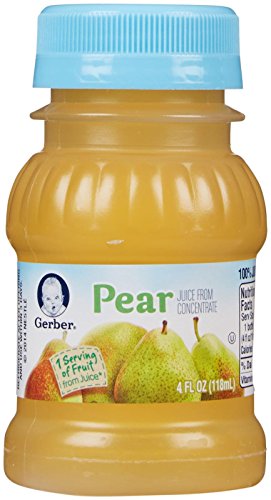 ”
”
Other important ways to reduce heavy metal exposure for kids include families making sure their homes are checked for lead-based paint and pregnant women eating fish low in mercury, Trasande advised.
Parents should also diversify a baby’s diet so that no one food dominates, reducing the amount of contamination from one particular product of concern — arsenic in infant rice cereal, for example, he noted.
If making your own baby food at home is an option, Trasande supported it, but he recognized that's not realistic for many families.
“This can't be fully just relying on parents to do their own thing. We need the kind of congressional oversight that was provided in this report,” he said.
“This is a good development in that now the attention is really being placed on this issue.”
Gerber baby food Tender vegetables with veal - “The child thinks it's delicious. Although not always. :)”
The child is growing up, and he needs to be given little by little meat products to provide the body with a complete set of amino acids, vitamins and microelements.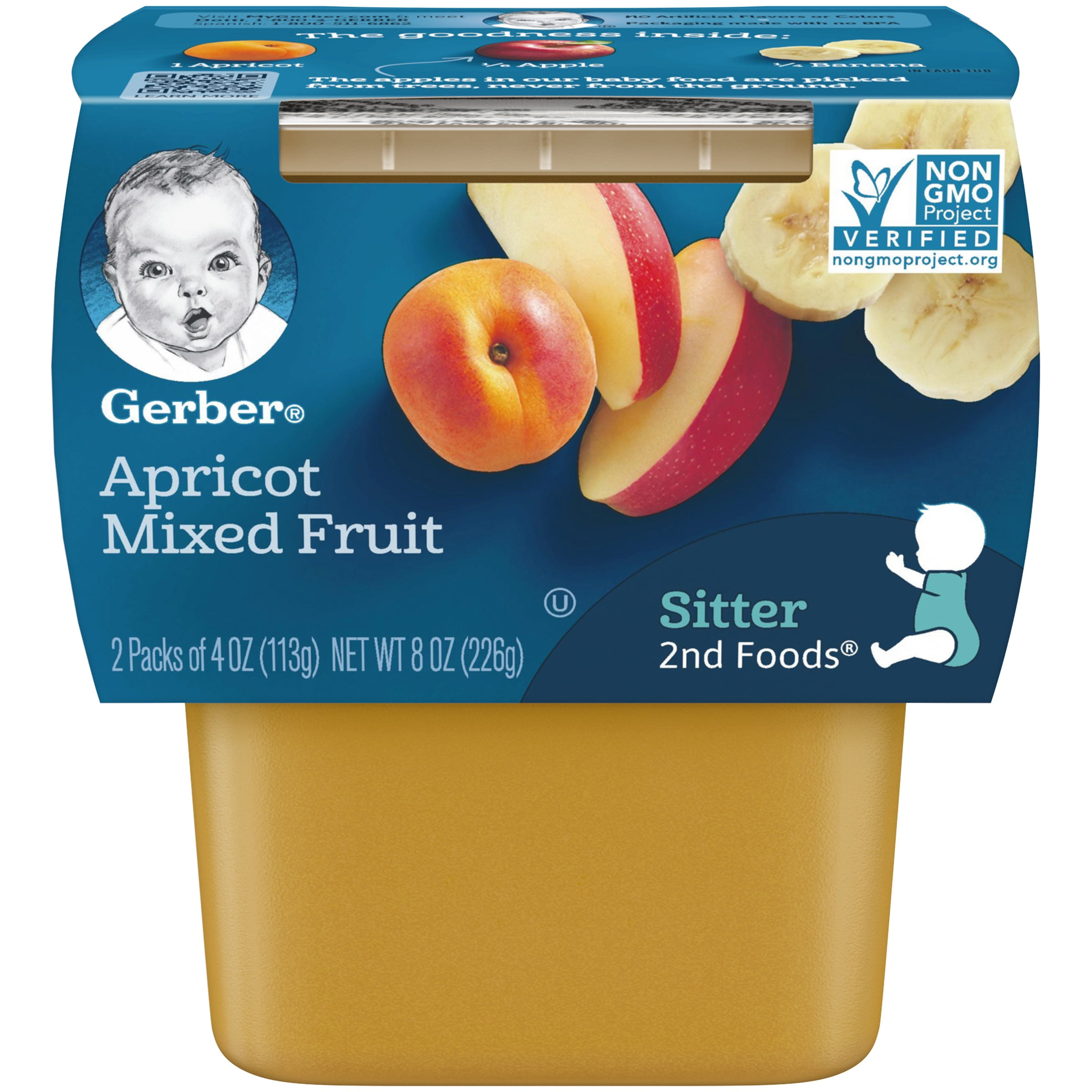
We first tasted meat at 6 months old. For starters, we chose canned meat and vegetables, because the meat there is finely chopped and mixed with vegetables in the right proportions.
Gerber puree seemed to fit. For the first time they took it from vegetables with a rabbit, but the child did not eat it at all, he just spat it out. I don’t know if it was the mashed potatoes, rather, they just gave it too early. But they decided to try again with another puree - with veal.
Gentle vegetables with veal puree is intended for healthy babies from 6 months, your baby will definitely like it. Puree has a delicate, homogeneous texture, great for expanding the diet and developing the taste preferences of the baby. This puree is not only very tasty, but also extremely healthy, because it is made from natural vegetables and meat, without the addition of starch, salt and spices.
Gerber baby food
The consistency of the product is thick, but not dense, homogenized.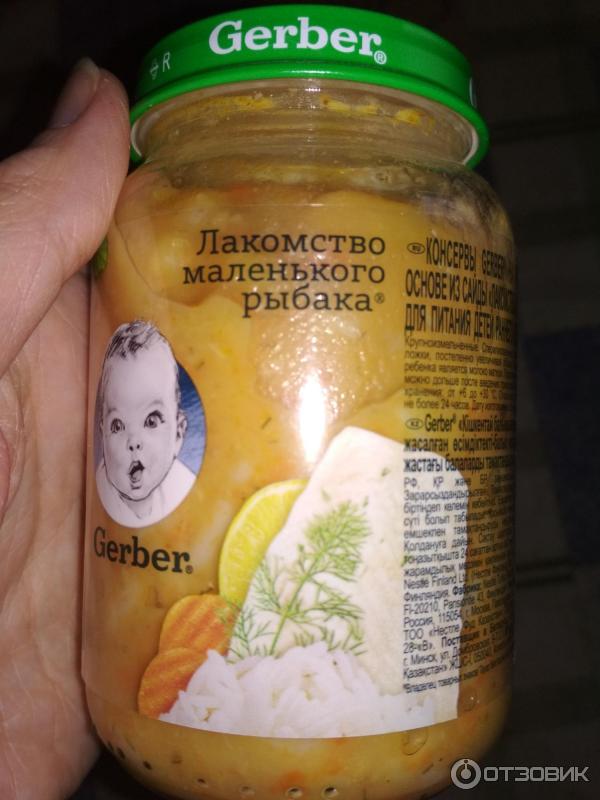 Color - light orange. I did not taste any meat there, pumpkin with carrots, softened with a small amount of potatoes and rice flour. I didn't like it, but my opinion doesn't matter in this case.
Color - light orange. I did not taste any meat there, pumpkin with carrots, softened with a small amount of potatoes and rice flour. I didn't like it, but my opinion doesn't matter in this case.
Ingredients:
carrot puree (25%), pumpkin puree (25%), drinking water, veal (10%), potato puree (10%), rice flour, oil (rapeseed with low content of erucic acid, sunflower).
Gerber puree Tender vegetables with veal
The first time the baby ate two spoonfuls, she did not spit, there were no adverse reactions. Mom had already given her some meat before, which she ground herself, the child tolerated it normally. and yet it is troublesome to make meat for the baby. So the next day, I personally fed her half a can of mashed veal. I ate it without objection, but in the evening the gaziki tormented me a little, although the stool seemed to be normal. Perhaps it was not a reaction to meat, there is not much of it, but to a mixture of sweet vegetables (carrots and pumpkins) with starchy foods.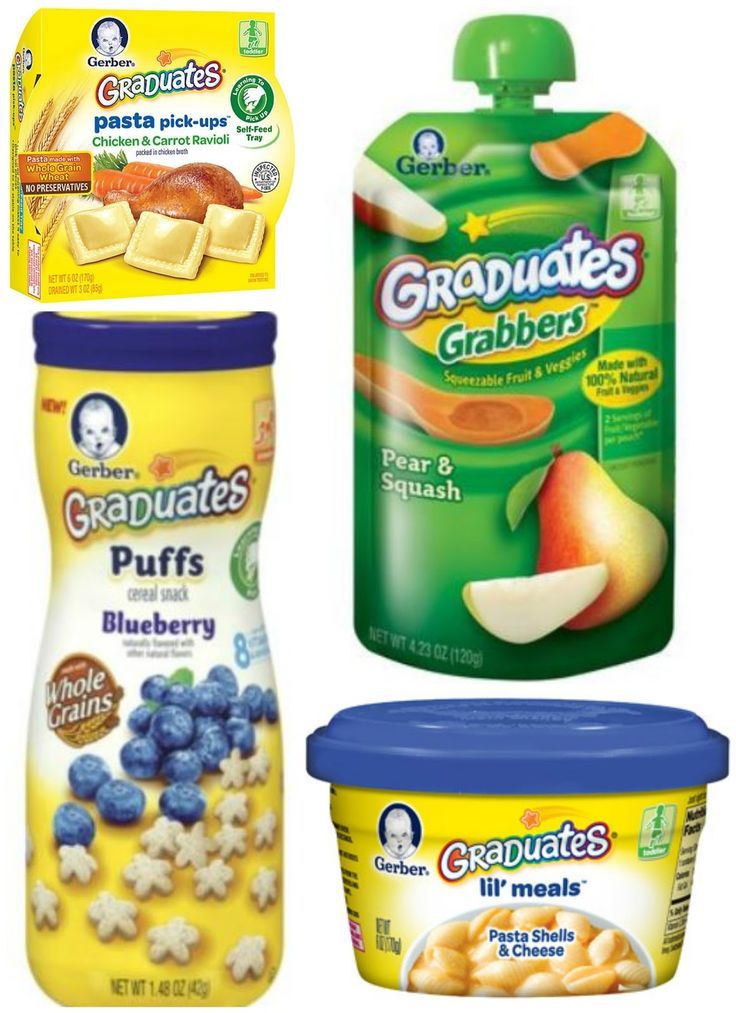
A month later it was well tolerated.
It is convenient to feed baby puree, it is satisfying, it eats a jar of 130.0 twice. But on the third day you don’t need to open a new jar, I already know that it will refuse. You need to make the meat yourself, but it’s not known what they sold you, whether it’s safe to give it to a child ... You can give mashed potatoes as an alternative to Peanut, loves with turkey, but these purees are one-component, she doesn’t eat so much yet, and you can’t always buy it in stores , as opposed to fruit.
However, this is exactly what Gerber has - Tender vegetables with veal - the girl eats better than others.
However, I am confused by the rapeseed oil in the composition, even though they wrote that there is little of the most harmful acid. But couldn't olive oil have been added instead?
Of vegetable gerberas, he prefers a mixture of potatoes and cabbage
The first fermented milk food.
And we love fruit purees from Carapuzo.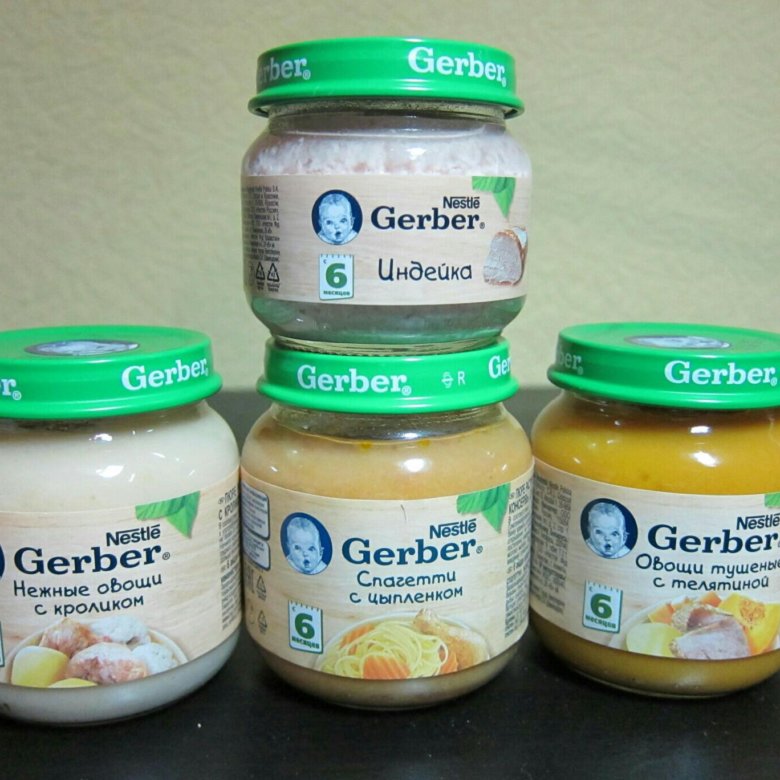
Or such.
Food from the "jar" - the benefit or harm of ready-made baby food?! - 55 answers
Even before the birth of Mark, I knew for sure that I would introduce complementary foods from products of my own preparation. Why? Yes, there are many reasons, the first and main one is that I know what I feed the child, I know that there is no salt, no sugar, no flavor enhancers, etc. Many say they trust baby food manufacturers that "canned food" can't harm a baby's health! Doubt it is for me!
Yes, it's one thing if the trip, or the gas, the light is turned off, there is nothing to cook on (a joke), or some other circumstances, a couple of times it's acceptable, but if you're at home... is cooked vegetable puree on its own worse than canned one?!
How do you feed your baby?
P.s.: Moms whose babies are on canned food, don't be offended, I just want to understand why cooking for a child on its own is becoming less popular...
An article from the Internet about this.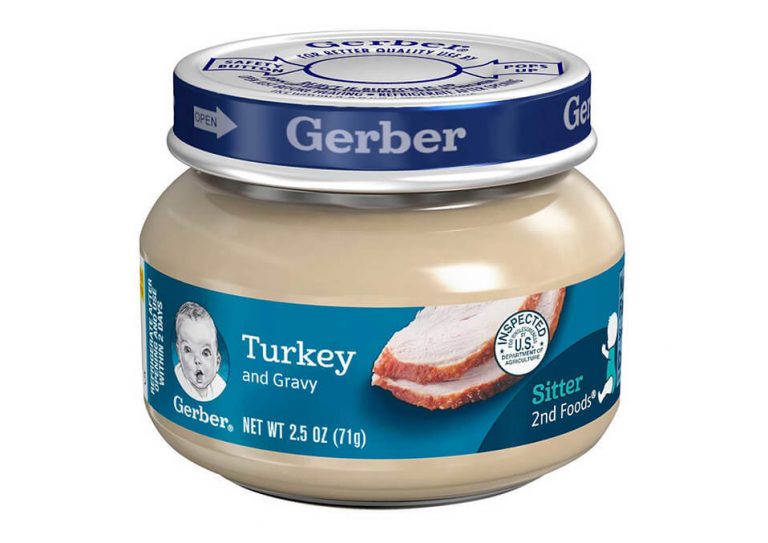 ..
..
Disputes about what kind of food for very young children is preferable - home or industrial production - have been going on for a very long time and do not stop to this day. The baby food industry is very persistently and even obsessively trying to convince the mass consumer that canned children are not only not harmful to the growing body, but also play an important role in the formation of the child's body. Now the opinion has almost completely formed that food from a "jar" can very successfully replace food prepared by oneself at home. Is this true, and is there an unambiguously correct and accurate answer on this matter?
Let's start with the fact that the nutrition of a child of the first year of life is almost entirely based only on mother's milk or artificially adapted mixtures. All additional complementary foods are introduced no earlier than 4-6 months of age and are designed to accustom a small organism to "adult" food. Moreover, all types of complementary foods are primarily aimed at providing the child with the nutrients and vitamins he needs.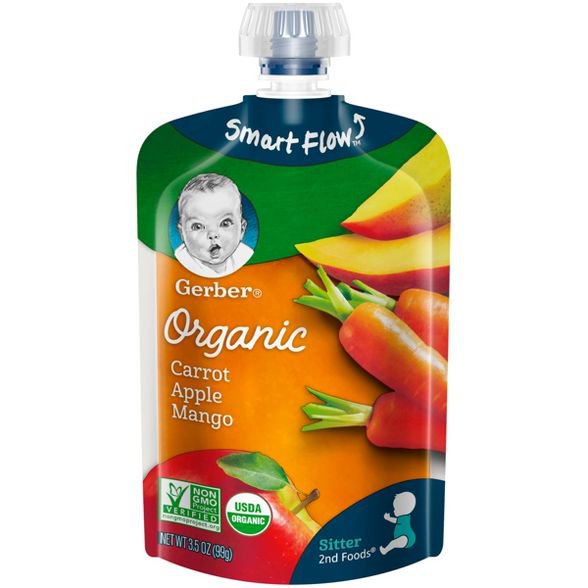 So, the question of choice and preferences in the matter of complementary foods is as relevant and important as possible! To understand this problem in more detail, it is worth considering the pros and cons of both points of view.
So, the question of choice and preferences in the matter of complementary foods is as relevant and important as possible! To understand this problem in more detail, it is worth considering the pros and cons of both points of view.
1. Homemade meals.
People of the older generation all as one confidently declare - in principle, there can be no better home-made food prepared immediately before eating from the freshest products! This is quite difficult to dispute, because, as you know, most nutrients and vitamins tend to lose their useful qualities after a very short period of time. However, supporters of natural baby food forget one important thing. Yes, by all criteria, homemade food is much healthier than food from jars - but do not forget that the state of the current ecology leaves much to be desired ... It was literally ten or fifteen years ago that most people were practically forced to grow everything they needed for food on their own beds families - food was prepared mainly from products grown on their own.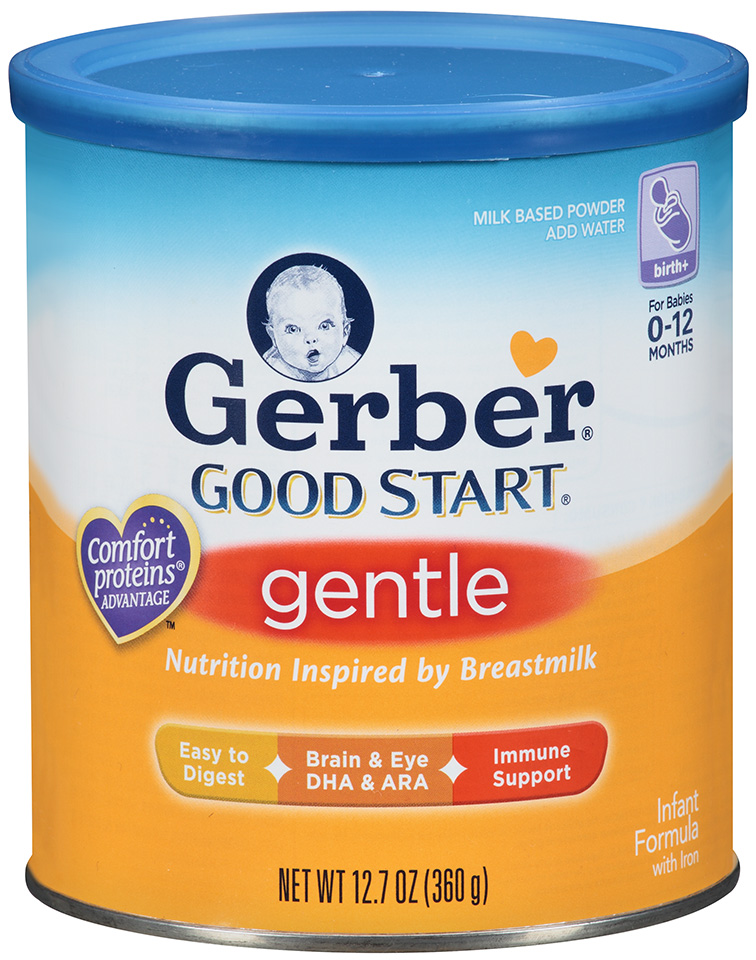 Now the basis of our entire diet is products either purchased on the market under the guise of “homemade” from people obviously far from agriculture, or bought at the nearest supermarket and brought from very exotic countries. Appeals are heard everywhere - be vigilant, not everything that we eat is definitely useful or even safe! So is it possible under such conditions to adhere to the opinion that a child "fed" on such ingredients will grow up healthy and full-fledged?
Now the basis of our entire diet is products either purchased on the market under the guise of “homemade” from people obviously far from agriculture, or bought at the nearest supermarket and brought from very exotic countries. Appeals are heard everywhere - be vigilant, not everything that we eat is definitely useful or even safe! So is it possible under such conditions to adhere to the opinion that a child "fed" on such ingredients will grow up healthy and full-fledged?
A small result - baby food prepared on your own at home will be much healthier and better than "artificial", but only if the main condition is met - all products must certainly be of the highest quality, grown without the use of chemical fertilizers, purchased from a trusted seller and correct processed in a manner. The best home-cooked food option available today is using products personally grown or purchased from a well-known and responsible manufacturer (isn't it time for us all to pay attention to such a pleasant and useful activity as agriculture?).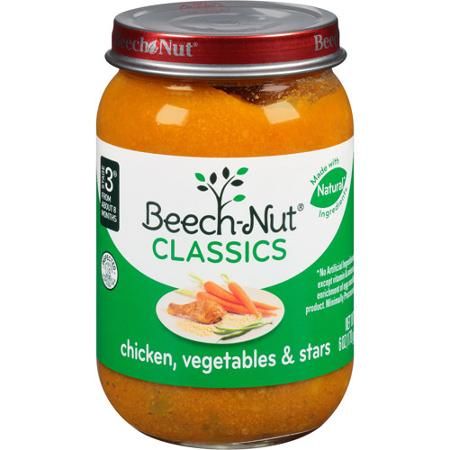
2. Industrial baby food.
The baby food industry has now reached unprecedented proportions. The counters of supermarkets, specialized stores and pharmacies are literally crammed with all kinds of jars with the inscription - "for feeding children aged from ...". And many caring parents with undisguised fanaticism buy up all this abundance in order to please and pamper their beloved child, wondering a little - are these very canned children really useful? Manufacturers unanimously claim that no additional preservatives, food additives and fillers are used in the manufacture of canned food for children. This is strictly prohibited, numerous checks and compliance with quality standards are a clear confirmation of this. However, just look at any jar of ready-made baby food, as a whole host of questions arise. For example, can a meal that has a 12-month shelf life be beneficial? Are there technologies that allow all vital vitamins and nutrients to be preserved for such a long time? Manufacturers claim that they use the latest equipment and the latest achievements in the field of baby food - in other words, there are vitamins and nutrients in the "jars"! However, any chemical scientist will dispute this statement dozens of times - some substances break down into components from one contact with oxygen, that is, in just a few minutes.